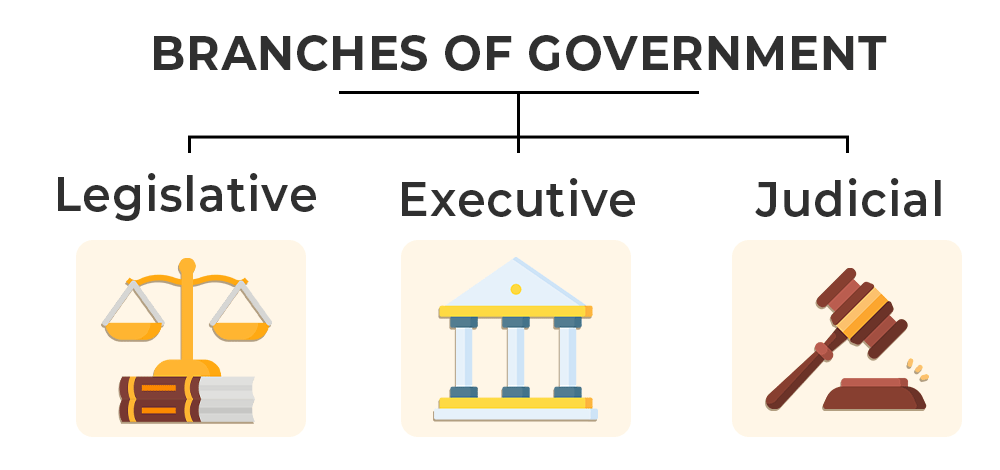Faiq Ahmed
Pakistan cricket boasts a passionate fanbase and a rich history of talented players. However, the team’s performance has often been marred by accusations of favouritism and a lack of focus on merit within the Pakistan Cricket Board (PCB). A meritocratic system allows the PCB to identify and develop the most talented players across the country, regardless of their background, region, or personal connections. This ensures a wider talent pool, fostering competition and pushing players to improve constantly. Players who excel at the domestic level and youth tournaments have a clear path to the national team based on their on-field performance, not who they know.
Merit-based selection fosters a healthy team environment. Players selected based on their skills and performance feel valued and motivated to contribute their best. This fosters a team spirit built on respect for individual talent and a shared commitment to winning. When the best players are chosen, the national team automatically benefits from a higher level of skill and experience. This translates into better performance on the international stage, fostering competitiveness against top cricketing nations. Strong individual performances also garner individual recognition and attract sponsorships that support player development.
Fans are passionate about the national team and yearn for success. When they perceive selection based on merit, they feel a sense of ownership and trust in the team. This translates into increased fan support, both at home and during international tournaments. A meritocratic system helps combat the issue of favouritism, which has long plagued Pakistani cricket. Players are aware that their performance, not their connections, determines their place in the team. This encourages fair play and a focus on honing cricketing skills.
Implementing a meritocratic system within the PCB requires addressing existing challenges. External pressures from political figures or sponsors may influence selection decisions. Strong ethical leadership within the PCB is crucial to resist such pressures. A clear and transparent selection process outlining criteria for player evaluation and team selection is essential. This provides a framework for accountability and reduces the potential for bias. Effective talent scouting systems at the grassroots level are vital for identifying promising players. Additionally, providing proper training facilities and coaching nationwide ensures all talented players have access to resources to refine their skills.
Prioritizing merit within the PCB is not just about selecting the best players; it’s about uilding a strong cricketing ecosystem that fosters talent, promotes fair play, and earns the trust of fans. By prioritizing merit, the PCB can create a more competitive and successful national team that brings pride to the nation. Lastly, appointment on the higher position should be democratic than selection.
The recent developments surrounding Pakistan’s cricket captaincy paint a picture of inconsistency and a lack of clear direction within the Pakistan Cricket Board (PCB). Despite having a new, elected board, the PCB seems poised to perpetuate a troubling trend of reversing previous decisions, such as [specific examples], leading to confusion and instability in team leadership.
Less than five months after being forced to step down, Babar Azam, the star batter, is reportedly set to be reinstated as captain. This potential move, which could significantly impact the team’s performance, has thrown the cricketing world into a tizzy. The only remaining question appears to be whether Azam will lead across all formats or solely in the upcoming Twenty20 (T20) World Cup.
Thi potential move raises several concerns. With the World Cup looming in June, the urgency for immediate clarity on leadershi is palpable. Pakistan’s recent World Cup performances, reaching the semi-finals and finals under Azam’s captaincy, may serve as a justification for his return. However, the hasty n ture of the decision and the lack of transparency surrounding it are concerning.
Adding to the confusion is the apparent lack of communication with the current skipper, Shaheen Shah Afridi. Mr Naqvi’s statement denying a decision suggests a di connect within the PCB leadership.
If Azam is reinstated, it would signify a remarkable turnaround in his fortunes. Previously accused of favouritism and fielding biased teams, his return raises questions about the PCB’s “short-lived memory.” However, this time, his authority might be curtailed. A revamped seven-member selection committee, lacking a chairman but with the power to [specific role in team composition], will hold the final say on team composition. This could potentially force Azam to work with players like Imad Wasim and Mohammad Amir, with whom he previously had disagreements. Both players recently displayed strong performances in the Pakistan Super League, making their exclusion from the World Cup squad a contentious issue.
The PCB needs to address these ambiguities decisively. Wasim and Amir’s recent form cannot be ignored. The board s primary focus should be on establishing a clear selection process that prioritizes players who consistently deliver, regardless of past conflicts. This, along with transparent communication, is essential o restore trust and stability within the team. Pakistan’s World Cup aspirations hinge on the PCB’s ability to navigate this situation with a mature and well-defined strategy, not hasty decisions and mixed messages.
Please, subscribe to the YouTube channel of republicpolicy.com

















